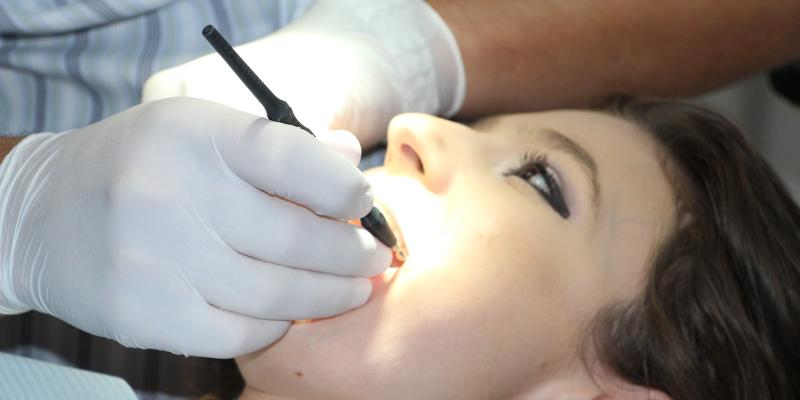Dental implants is a solution more and more often chosen by patients who suffer from teeth loss. It is still an expensive solution, but it serves for long years, often to the end of your days, and implants look and function like natural teeth.
An implant is a titanium-made equivalent of the root of the tooth, embedded in the lower or upper jaw bone as a pillar for prosthetic reconstruction such as dental crowns, tooth bridges or dentures. It is a kind of a titanium screw which is embedded in the bone replacing the root of the tooth. A porcelain structure is fixed to the screw which supplements the lost tooth.
The implant is not refunded
The insertion of the implant is connected with boring a small hole in the bone, into which the titanium implant is screwed. The procedure of inserting the implant takes less than an hour, and is conducted with a local anaesthesia.
After some time titanium combines with the bone, creating a foundation for the crown of the artificial tooth. It takes up to six months. Then, the tooth is rebuilt on the implant with a porcelain crown or bridge.
The implants may be used to reconstruct both a single tooth or, when all teeth are missing, after several implants are inserted – to embed a bridge. Dental implants may be used to fix complete and partial prostheses.
Implantation procedures are performed by specialists in dental surgery. The cost of a single implant amounts to several thousand PLN. Implants are not refundable by the National Health Fund.
Currently, there are several hundred different implantation systems which are being perfected on a regular basis.
The advantages of dental implants
After removing the tooth, the bone where it has been atrophies. The teeth next to the cavity might start to move and tilt, and the shape of the jaw changes and may cause a senile look. Implants minimise bone atrophy.
Moreover, implants look and work as natural teeth; since they are permanently attached to the bone, they do not move as some dentures do. It influences the aesthetics as well as the feeling of security in a patient.
What is more, implants, unlike dentures, do not require being taken out and using prosthetic adhesives. Mobile prostheses can also cause difficulties in talking or biting, which we avoid thanks to implants.
They also serve as a fixture for prostheses to stay in place, preventing them from moving or falling out. Implants look like natural teeth, which is not obvious in the case of certain bridges and prostheses, where unappealing metal braces need to be used.
Another advantage: we do not damage our teeth
“One of the main advantages of implants is that the teeth neighbouring the cavity remain intact," Jarosław Cynkier, MD, PhD, specialist dentist, emphasised in a conversation with the e-zdrowie portal. “The supplementation of a missing tooth with bridges requires cutting, i.e. damage, to the healthy neighbouring teeth".
According to him, it is the most durable solution for the patient, providing comfort to the user and a higher quality of life.
According to the specialist, implants do not require any additional cleaning procedures. A high level of hygiene of the mouth should be kept as in the case of natural teeth.
“Some people find it stimulating, and they start to care about their mouth hygiene, which helps to maintain the remaining natural teeth in a good condition," he added.
According to Dr Cynkier, only in about 2 percent of cases are there complications such as implant rejection, i.e. lack of integration with the bone.









Comments (0)